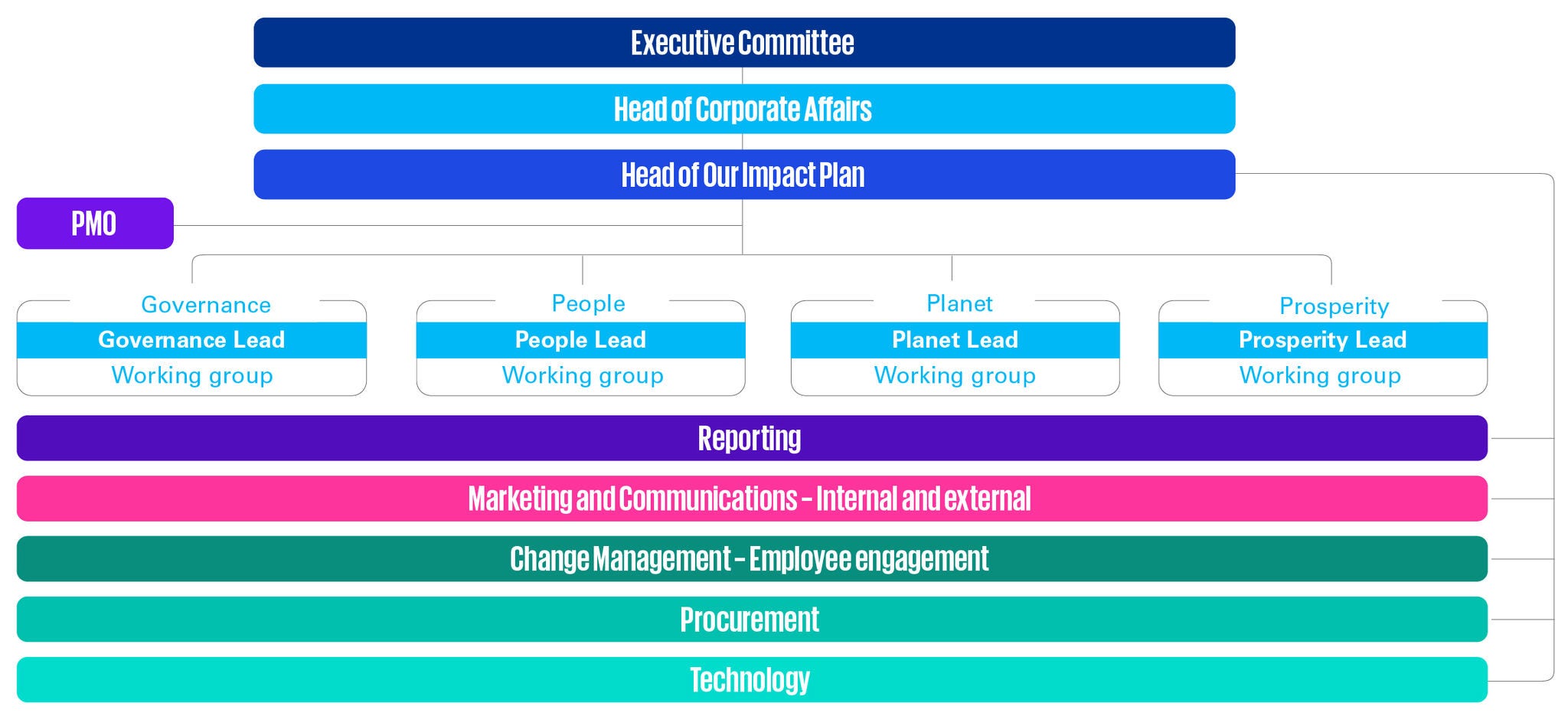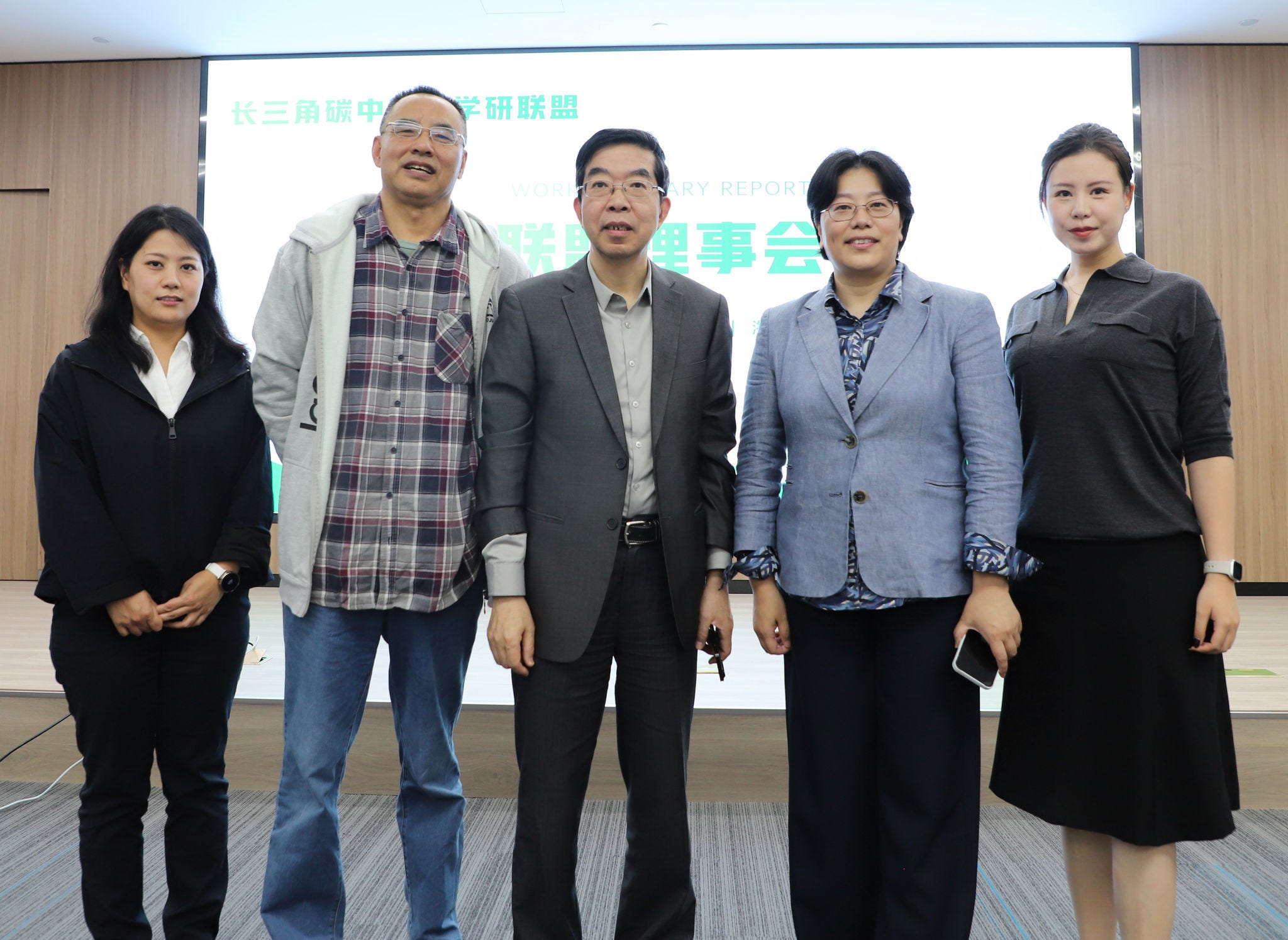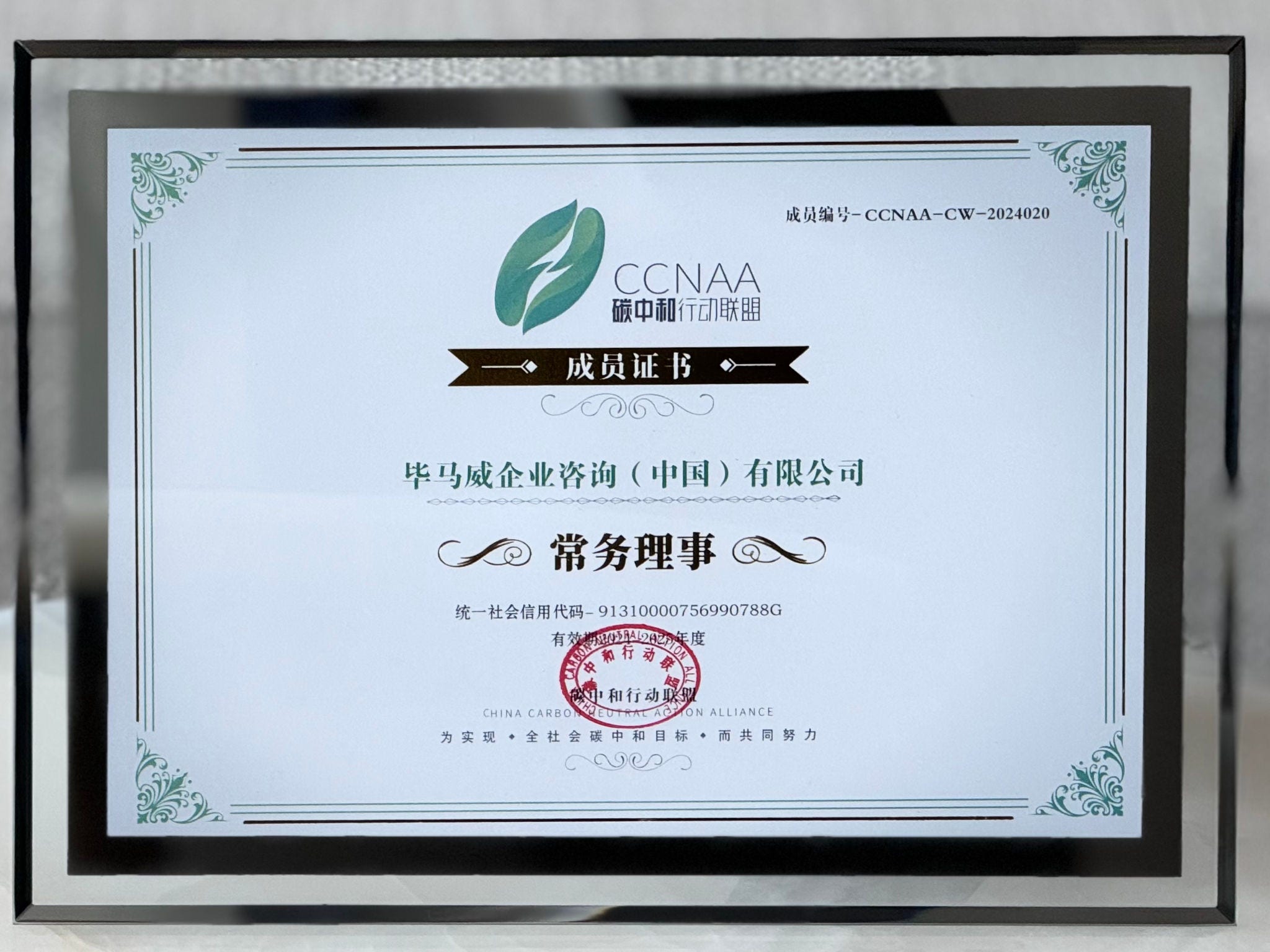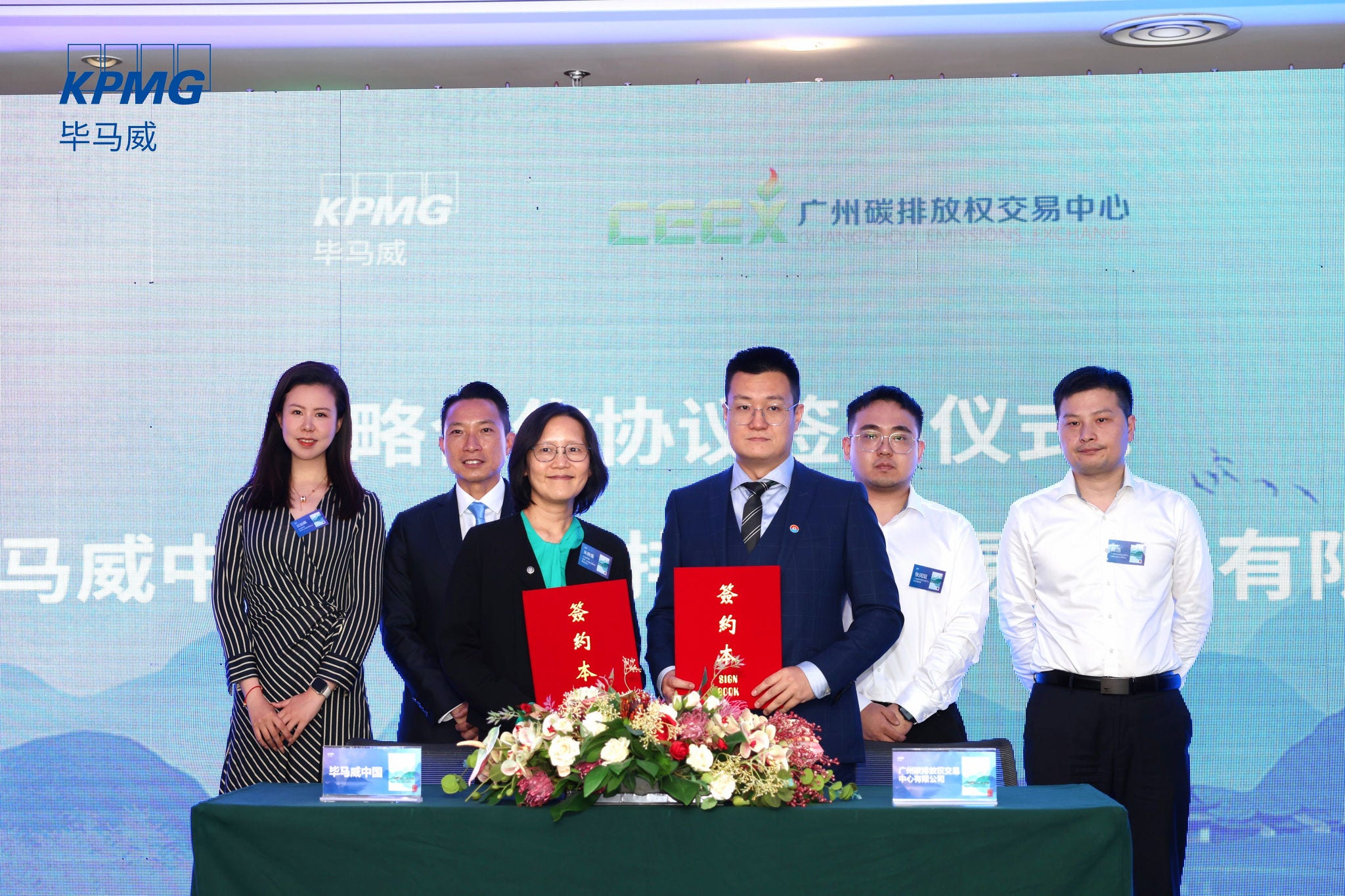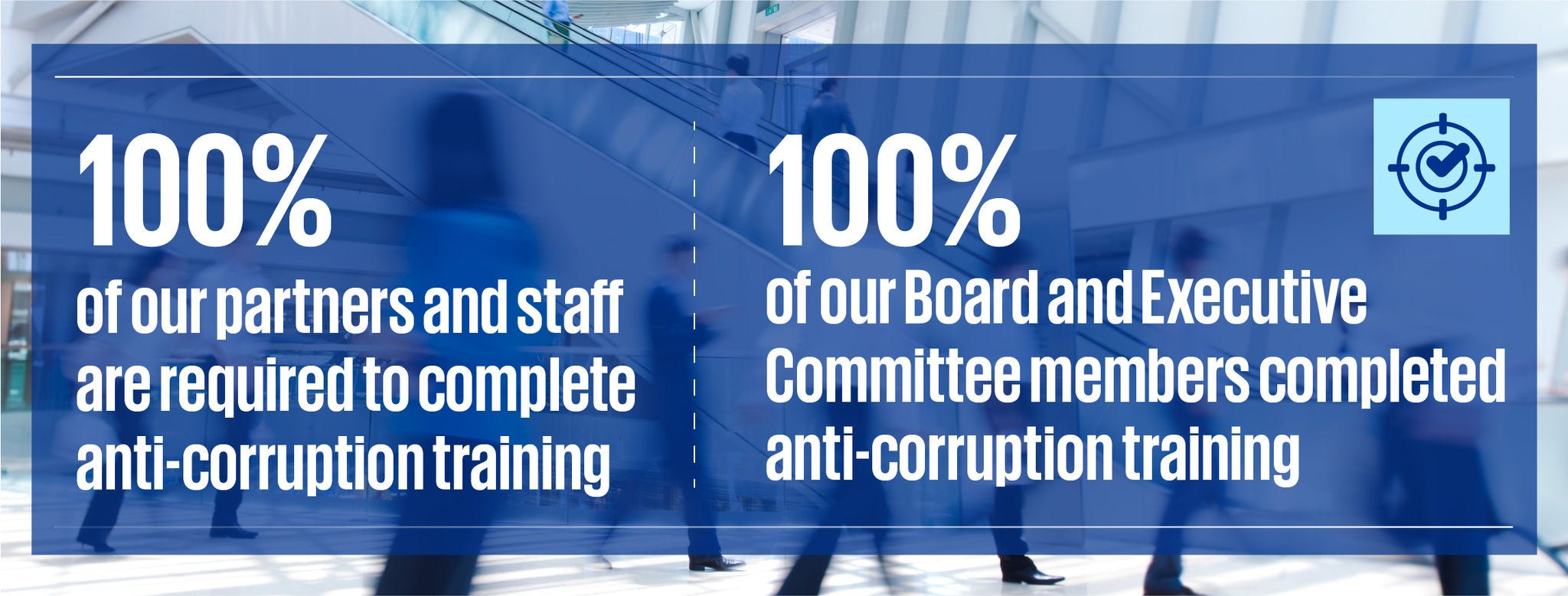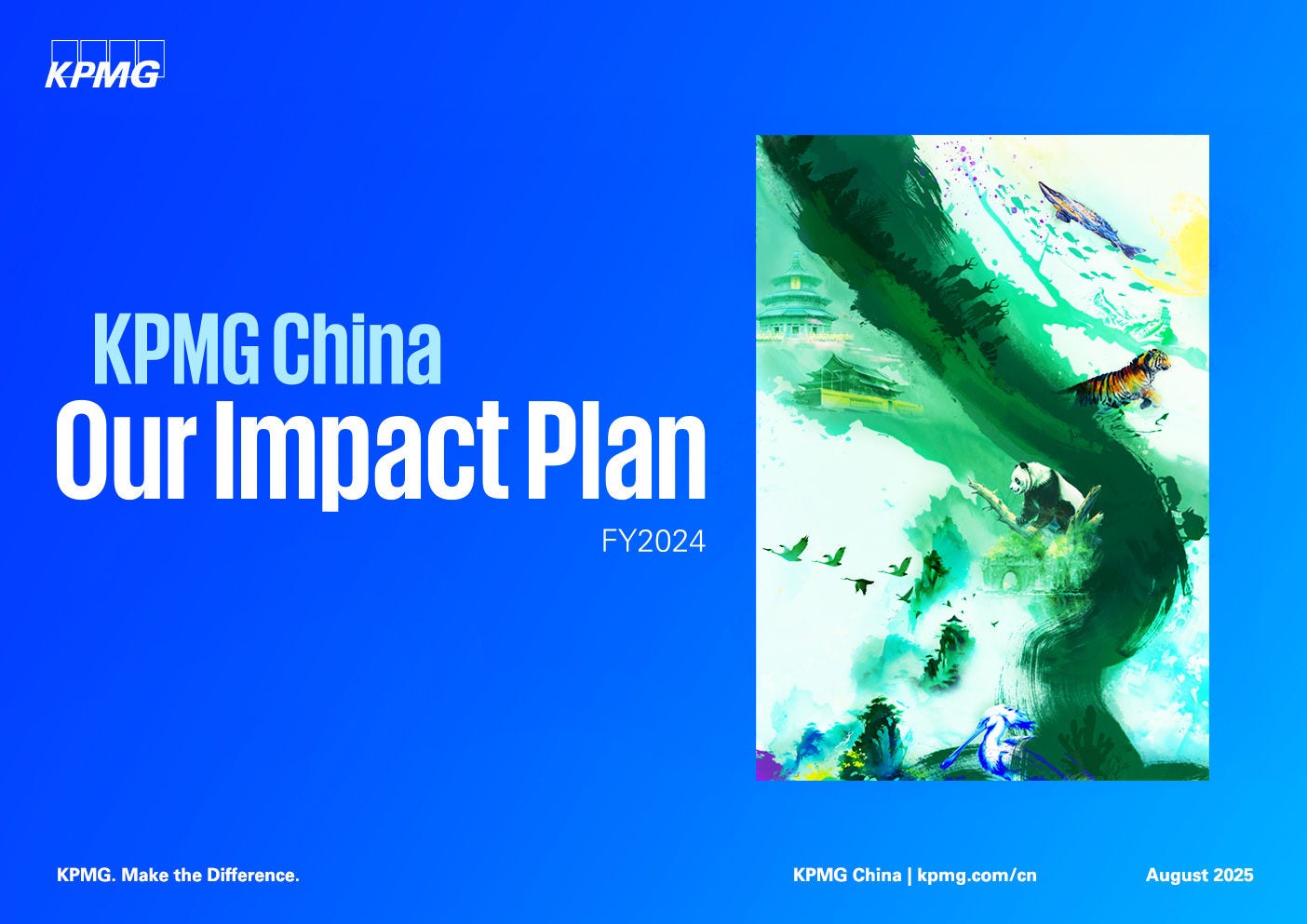At KPMG China, we take a rigorous approach to the Enterprise Risk Management (ERM) process, which enables us to identify the top risks that may impact the achievement of the firm’s strategic objectives. Our Executive Committee, as the owner of the ERM process, leads and implements ERM to identify and manage the top risks, while the Board provides oversight and monitors the robustness of the ERM process. In this way, the Executive Committee and the Board can acquire the information they need to best determine if, and to what extent, firm resources should be reallocated, and strategy reassessed.
A consistent ERM approach is also adopted for Functional Risk Profiling conducted in Audit, Tax and Advisory, which helps functional leadership identify the top risks that affect the achievement of their strategic objectives and business plans. This process includes the development and implementation of action plans to address the top risks identified at the functional level, as well as the identification of any risks that should be aggregated to the firmwide level. Sector-focused Risk Profiling has also been initiated using a tailored ERM approach, with the aim of identifying sector-specific critical risks.
All of our functions and people at KPMG China are obliged to identify, assess and manage risks, as well as to ensure the quality of our work. To drive consistency and accountability, we have established a central team (the ‘Central Team’) that is composed of dedicated professionals who have been assigned key responsibility for overseeing and promoting a culture of quality and integrity across the firm. The Central Team is led by the Head of Quality and Risk Management, who reviews and enforces compliance through policies and procedures related to professional risk management, ethics and independence, quality control, and compliance.
The Central Team also considers the impact of key findings from integrated quality monitoring and compliance programmes, as well as the adequacy of recommended remedial actions. In addition, the Central Team offers continuous guidance related to quality monitoring/compliance, regulatory inspection liaison, information protection and data privacy, contracting, ethics and independence, client and engagement acceptance, and general quality and risk management. The Central Team develops policies and guidelines that enable KPMG professionals to assess the risk level of a client or an engagement before accepting business engagements or relationships, while also supporting our daily operations and enabling the business to manage risks proactively.





